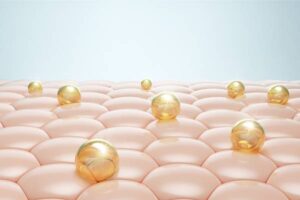
GHK-Cu Capsules: Copper Peptides For Skin
GHK-Cu Capsules: Copper Peptides For Skin In an ever-evolving world of beauty standards, the quest for vibrant, healthy skin remains
Human Chorionic Gonadotropin (HCG) peptide is a synthetic version of the HCG hormone, which is naturally produced in the placental cells during pregnancy. This hormone plays an essential role in maintaining pregnancy and is often referred to as “the pregnancy hormone” [1].
In medical applications, HCG is used for a variety of purposes. It can increase a person’s chances of getting pregnant and aid in the production of testosterone and sperm. In addition, HCG is used in infertility treatment, in preventing postmenopausal symptoms, and in inducing testosterone production in hypogonadal men.
Interestingly, research has shown that the HCG peptide has a stimulatory effect on testicular steroidogenesis and penile growth [2]. Both HCG and gonadorelin are classified as gonadotropin-releasing hormone (GnRH) receptor agonists. Explore HCG peptides from Direct Peptides.
HCG also has a significant relationship with kisspeptin, another peptide crucial for testosterone production and fertility. Despite its synthetic nature, HCG peptide closely mimics the natural hormone, providing similar effects and benefits.
Human Chorionic Gonadotropin (HCG) peptide, a synthetic version of a naturally occurring hormone, offers numerous potential benefits. Here’s a comprehensive list:
Human Chorionic Gonadotropin (HCG) peptide, often used in fertility treatments and weight loss regimens, can have several side effects and health concerns associated with its use. Some of these side effects can be mild, such as headaches, restlessness, irritability, and fatigue. Other more severe side effects might include rapid weight gain, severe stomach or pelvic pain, and trouble breathing.
In some cases, HCG has been associated with mood changes and depression. Some people may also experience acne, facial hair growth, and breast tenderness. The Cleveland Clinic highlights that the injection site may cause pain or irritation.
There are several peptides and compounds that serve as effective alternatives to Human Chorionic Gonadotropin (HCG). These include Kisspeptin, Gonadorelin, Enclomiphene citrate, and Luteinizing Hormone (LH).
[1] https://www.ncbi.nlm.nih.gov/ books/NBK532950
[2] https://www.ncbi.nlm.nih.gov/ pmc/articles/PMC3214853/
[3] https://www.ncbi.nlm.nih.gov/ pmc/articles/PMC3296126/
[4] https://www.ncbi.nlm.nih.gov/ pmc/articles/PMC6087849/

GHK-Cu Capsules: Copper Peptides For Skin In an ever-evolving world of beauty standards, the quest for vibrant, healthy skin remains
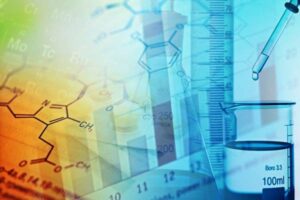
Explore the anti-aging effects of Epithalon And Thymalin Stack The pursuit of longevity and delaying the signs of aging is
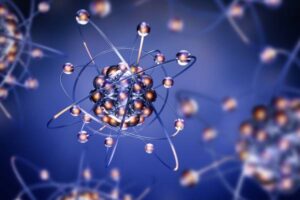
What Is NAD+? Discover The Key Molecule in Human Physiology Hidden in cellular metabolism is a modest molecule that greatly
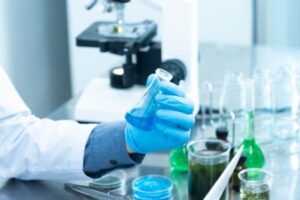
Exploring the Benefits of Vasoactive Intestinal Peptide (VIP) The quest for cutting-edge medical treatments is an ongoing saga, and in
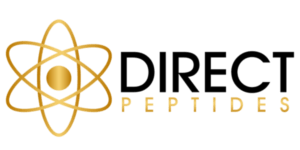
401 N. Mills Ave, Ste B, Orlando, FL 32803, United States
